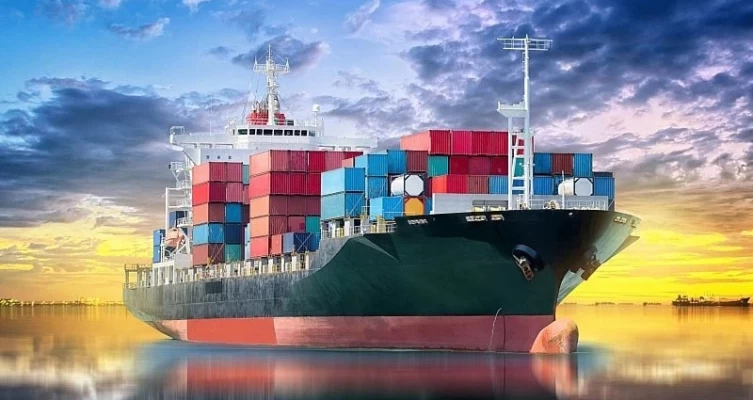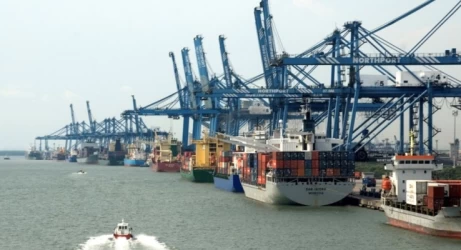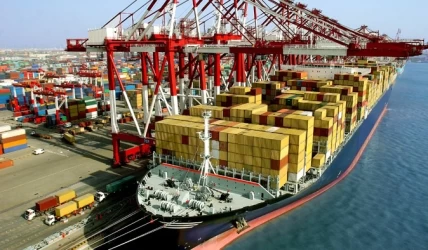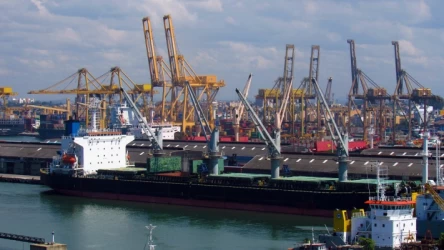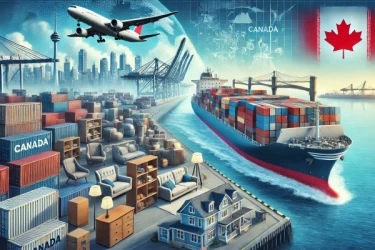Sea transportation in the port of Aden
Aden Port, located in the southern region of Yemen, has historically served as a pivotal hub for marine transportation due to its strategic geographical location. Over the years, it has evolved into one of the most significant maritime trade centers in the Middle East, connecting key routes between Europe, Africa, and Asia. This article delves into the various aspects of marine transportation in Aden Port, highlighting its history, infrastructure, challenges, and potential for future development.
Geographical Significance
Aden Port is strategically positioned at the entrance of the Red Sea, near the Bab el-Mandeb Strait, which links the Red Sea to the Gulf of Aden and the Indian Ocean. This location makes it a crucial transit point for international shipping routes, particularly for vessels traveling to and from the Suez Canal. The port's natural deep-water harbor allows for the docking of large vessels, facilitating significant maritime trade activities.
Historical Background
Historically, Aden has been a vital trade center for centuries. Its importance grew during the British colonial era when it was developed as a key refueling and supply station for ships traversing the Indian Ocean and beyond. The port's strategic significance has continued into modern times, although it has faced challenges due to political instability and conflict in the region.
Infrastructure and Facilities
Aden Port boasts a range of facilities that support its role as a major maritime hub:
- Container Terminals: The port has dedicated container terminals equipped with modern cranes and handling equipment, allowing for efficient loading and unloading of cargo.
- Bulk Cargo Facilities: Facilities for handling bulk cargo, including grains, coal, and other commodities, are well-established, supporting both import and export activities.
- Oil and Gas Terminals: Given Yemen's oil resources, the port has specialized terminals for the import and export of petroleum products, further enhancing its commercial significance.
- Logistics and Warehousing: The port area includes various logistics and warehousing solutions, facilitating the storage and distribution of goods.
- Repair and Maintenance Services: Aden Port also offers ship repair and maintenance services, contributing to its role as a comprehensive maritime facility.
Role in Global Trade
Aden Port plays a critical role in facilitating international trade. It serves as a transshipment point for goods moving between Asia, Europe, and Africa. The port’s strategic location makes it particularly significant for:
- Oil and Gas Exports: Yemen's oil exports often pass through Aden, making it a vital link in the global oil supply chain.
- Food and Agricultural Products: The port is instrumental in importing food and agricultural products to Yemen, a country heavily reliant on imports to meet its food needs.
Challenges Facing Marine Transportation
Despite its strategic advantages, Aden Port faces numerous challenges:
- Political Instability: The ongoing conflict in Yemen has significantly disrupted trade operations and deterred investment in port infrastructure.
- Security Concerns: Issues such as piracy and regional instability pose threats to maritime security, impacting shipping routes and insurance costs.
- Infrastructure Limitations: While the port has facilities in place, aging infrastructure and the need for modernization remain significant concerns.
- Economic Sanctions: International sanctions have affected trade flows and limited the port's capacity to operate at full potential.
Opportunities for Growth
Despite these challenges, Aden Port has considerable potential for growth and development:
- Investment in Infrastructure: Upgrading existing facilities and investing in new technologies can enhance the port’s efficiency and capacity.
- Regional Cooperation: Strengthening ties with neighboring countries and regional maritime organizations could facilitate smoother trade routes and increased cargo volumes.
- Diversification of Services: Expanding the range of services offered, including logistics and warehousing, can attract more shipping companies and increase trade volume.
- Sustainable Practices: Implementing sustainable practices in port operations can enhance its reputation and attract environmentally conscious shipping lines.
Conclusion
Aden Port remains a crucial player in the marine transportation landscape of the Middle East. Its strategic location, combined with its historical significance, positions it well for future growth. However, addressing the challenges it faces is essential to unlocking its full potential. With targeted investment and strategic planning, Aden Port can continue to serve as a vital maritime hub in the region, facilitating international trade and contributing to Yemen’s economic recovery.
If you have any specific questions or need further assistance, feel free to ask!

